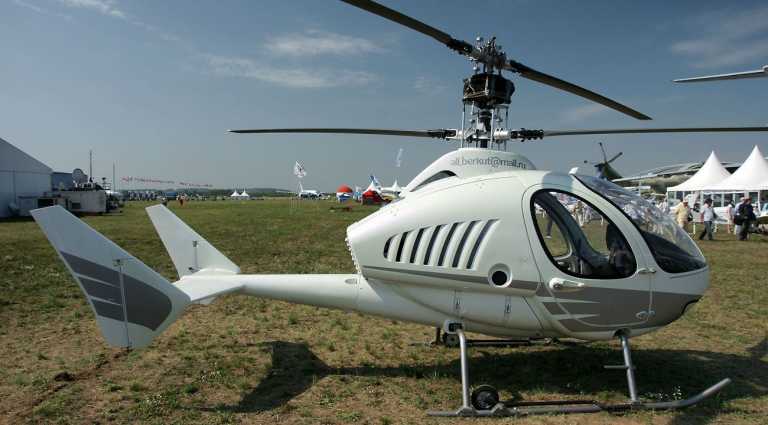
Will Made In Tanzania Helicopters Fly In 2018?
Very soon Africans may not need to go farther than Arusha, a city in northern Tanzania to get choppers as the east African country has started building locally and expects the first batch to hit the skies sometimes in 2018.
The prototype model, a two-seater aircraft is already in its final stages of completion at the Mechanical and Engineering Department of the Arusha Technical College (ATC), a school which runs a fully-fledged factory producing various forms of machinery.
“We are complementing President Magufuli’s industrialisation policy in pioneering the first locally made helicopters that will be available to ordinary residents at affordable prices,” Tanzania Daily News quoted Engineer Abdi Mjema, who is behind the ATC chopper project, to have said.
“We are contacting the Tanzania Civil Aviation Authority (TCAA) for the permission to fly the chopper for trials,” he said.
Mjema, who took Tanzania’s Permanent Secretary in the Ministry of Education, Science and Technology, Ms Maimuna Tarishi, through a tour of the project assured her of the affordability of the chopper which he hopes would ease the country’s transport woes, although they were initially intended to be used for surveillance, rescue and agricultural purposes.
He said confidently that “the Tanzania-made helicopters will fly before 2020 — and specifically 2018, which is two years from now”.
The helicopter, as it is, is 50 percent. “Once we get the aviation authority approval, we shall complete the most sensitive part of the helicopter — mounting the main rotor. This should be ready in three week’s time,” said Mjema.
The engineer said the technical college can manufacture up to 20 helicopters per year.
The Rector of Arusha Technical College, Dr. Masika, had stated in the past that ATC would leave being an ordinary technical college to being a fully-fledged factory, dealing in vehicle and heavy machinery repair and manufacturing. The Tanzanian government is committed to helping the school achieve this dream and others.
On Saturday, a modern hydraulics laboratory worth $400,000 was launched at the college. The facility will be used for practical training in civil and irrigation engineering courses.
Masika said the laboratory “will be equipped with the latest technology that would ensure we train competent engineers.”





